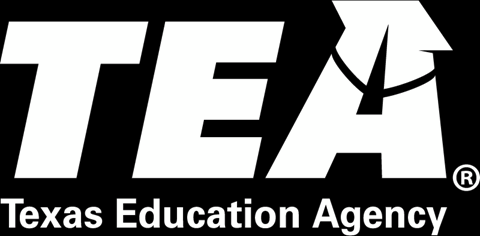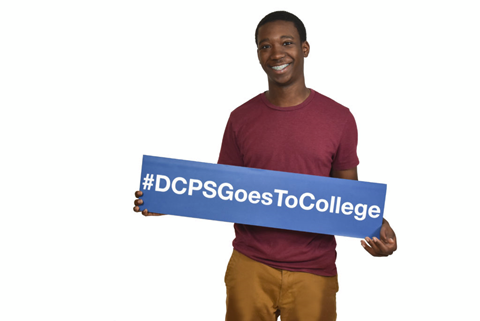California needs $500 million to buy enough computers, internet connections for all students – By Diana Lambert, EdSource
California needs at least $500 million to address the immediate need for home computers and internet access for K-12 students, as most schools are expected to continue at least some distance learning next school year, said Superintendent of Public Instruction Tony Thurmond during a press conference Wednesday.
Thurmond called on companies, foundations and individual donors to help provide the 600,000 computers and tablets, and 300,000 to 400,000 internet connections or hot spots needed for distance learning after campuses closed in response to the coronavirus pandemic.
The department has been working with companies like T-Mobile, Verizon Wireless, Amazon and others and has distributed 100,000 hot spots to students and 21,000 computers to districts.

Texas tells ISDs to follow DeVos guidance boosting relief funding for private schools – By Jacob Carpenter, San Antonia Express-News
Texas Education Agency officials are advising school districts to follow controversial federal guidance on a key section of the coronavirus relief law, which some education advocates believe will result in private schools getting millions of dollars more at the expense of public schools.
The guidance, issued in late April by U.S. Education Secretary Betsy DeVos’ administration, delivers added financial support from the $2 trillion CARES Act to private schools across Texas, many of which are expecting to lose students and money as families tighten their budgets during the coronavirus pandemic.
However, some public school leaders believe Devos, a strong supporter of private schools, is misinterpreting the federal coronavirus relief law to their detriment. While the ultimate impact of the guidance on Texas schools is not known, public schools likely stand to lose and private schools stand to gain tens of millions of dollars.
In a statement, TEA officials said the agency “plans to follow the guidance” from DeVos’ administration. Education leaders in at least three states — Indiana, Maine and Pennsylvania — have advised their school districts to disregard the guidance or questioned federal officials on their interpretation.

College Presidents Say Fall Reopening Likely – By Elizabeth Redden, Inside Higher Ed
More than half of college presidents (53 percent) said it was “very likely” their institutions would resume in-person classes this fall, and another 31 percent said it was “somewhat likely,” according to a survey of 310 presidents conducted by the American Council on Education. Presidents at public two-year colleges were less likely (38 percent) than presidents of four-year public (53 percent) and four-year private (58 percent) colleges to say it was “very likely” their colleges would resume in-person classes this fall.
Of the 230 presidents in the survey whose institutions offer on-campus housing, 51 percent said it was “very likely” their campuses would resume in-person housing operations at some point in the fall semester, and 40 percent said it was “somewhat likely.”
College presidents are also broadly forecasting revenue and enrollment declines. Among college presidents projecting enrollment declines for this fall, 45 percent expect a decline of 10 percent or less compared to fall 2019, 50 percent expect an 11 to 20 percent decline and 6 percent expect a 21 to 30 percent decline.

DC Public Schools launches college-bound graduate support network – By Shawna De Le Rosa, Education Dive
D.C. Public Schools recently launched a support network program for 2020 college-bound high school graduates, The D.C. Post reports. The program, called DCPS Persists, will offer career and college support to hundreds of students.
The program gives college-bound graduates a connection to a network where they can give and receive tips and form career networking contacts. A DCPS Persists coach connects with each graduate to offer academic and financial guidance, and coaches will work with students throughout their first year of college to answer questions and keep them on track. Participants also get a precollege orientation and receive a monthly alumni publication.
The program is being funded by a $10 million donation from the A. James & Alice B. Clark Foundation.
Such programs can increase diversity in colleges by creating college pathways for underrepresented minorities. In Boston, College Bound is a precollege enrichment program designed to increase college diversity. A group of 50 to 60 students in 7th through 12th grade attend sessions at Boston College’s campus every other Saturday and spend the day working on STEAM projects and taking social justice classes. The program also includes college and career preparation.












